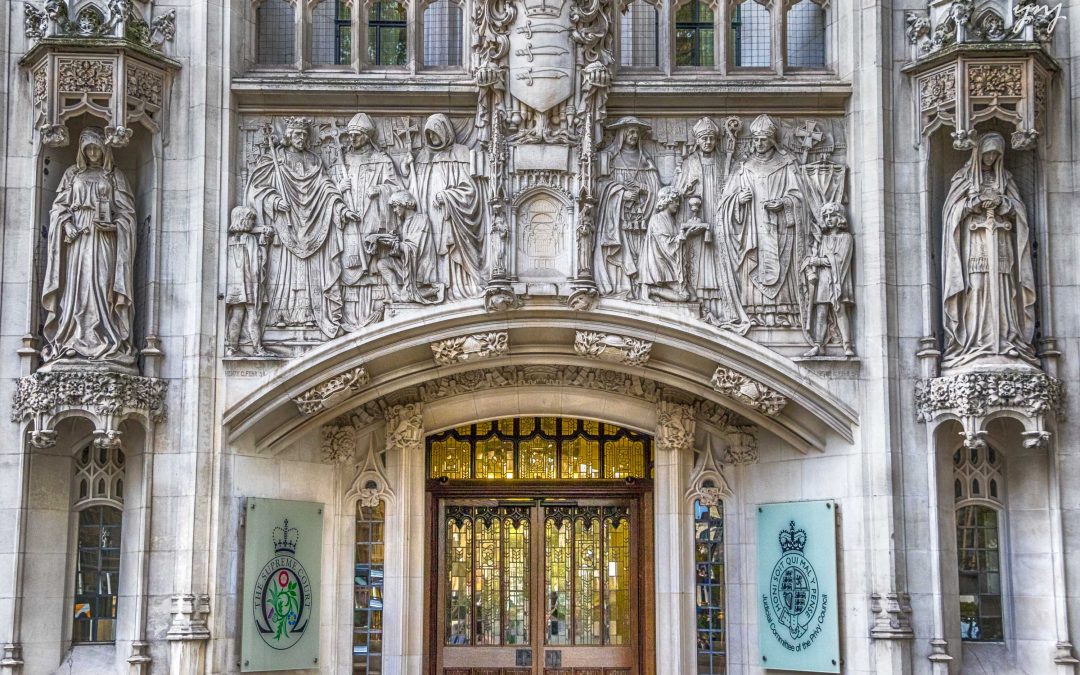
8 Feb 2020 | Judicial Power and the Balance of Our Constitution, Publications
The Supreme Court’s prorogation judgment, Miller/Cherry, was contrary to the settled law of the constitution. This paper, which complements and completes an earlier critique, refutes attempts to deny the judgment’s revolutionary character, attempts that cannot be...

27 Jan 2020 | Judicial Power and the Balance of Our Constitution, Publications
Did the United Kingdom’s constitution work as it should have done in the process to leave the European Union? In essence, yes, says Sir Stephen Laws, Senior Fellow at Policy Exchange and a former First Parliamentary Counsel. He says the Government should resist...
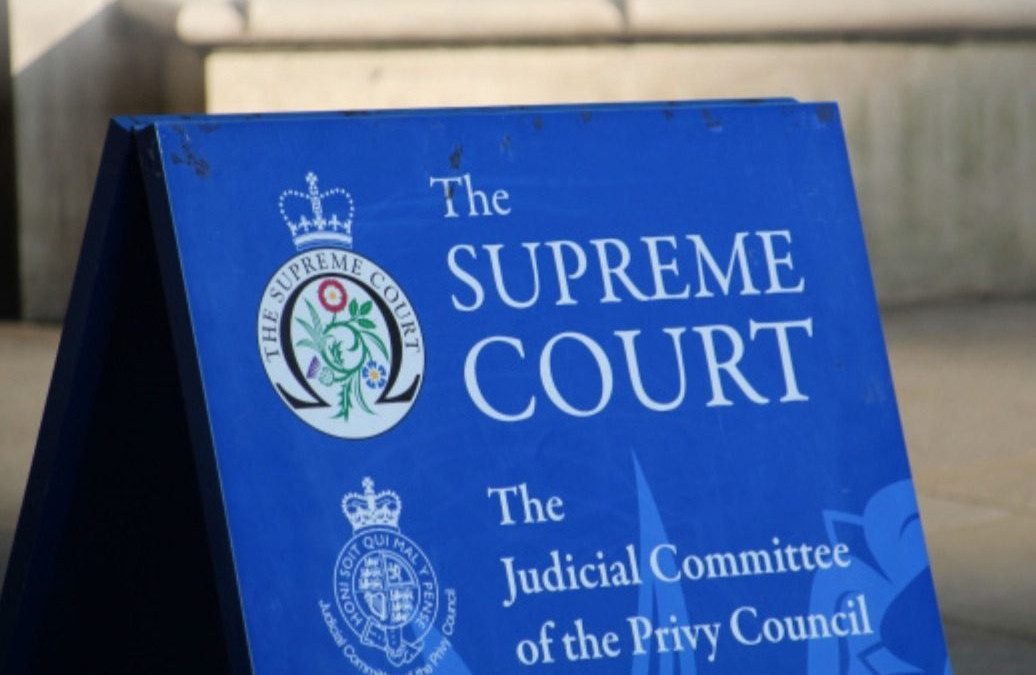
28 Dec 2019 | Judicial Power and the Balance of Our Constitution, Publications
The rise of judicial power in the UK in recent years is a striking change in our constitutional arrangements – in how we are governed – a change that threatens good government, parliamentary democracy, and the rule of law. The expansion of judicial power is a function...
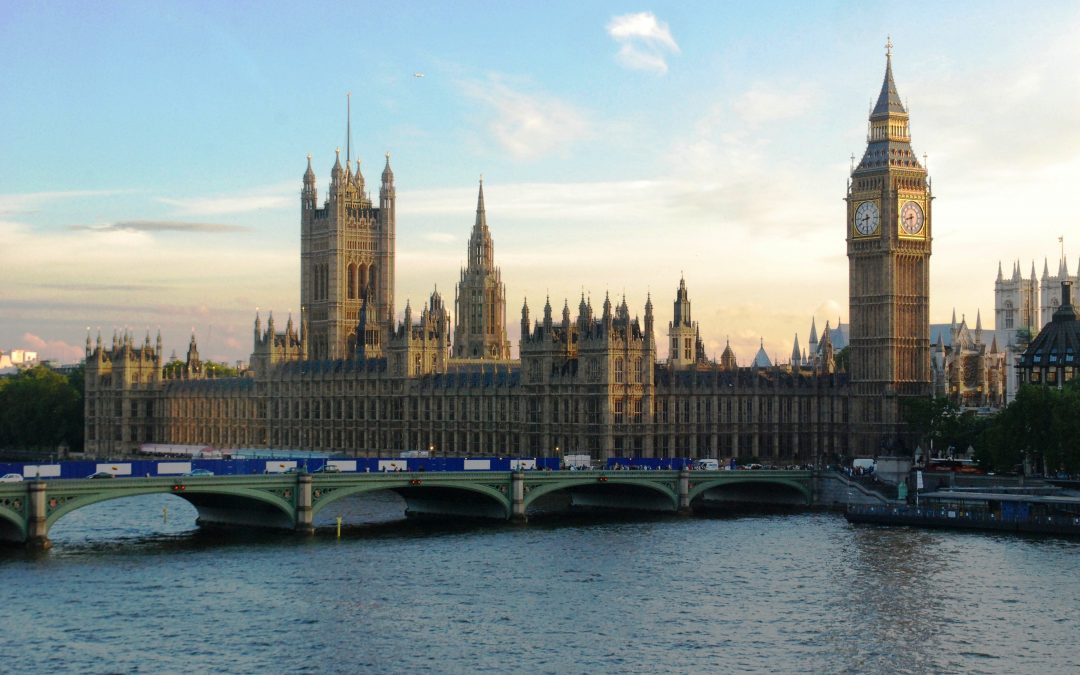
15 Oct 2019 | Judicial Power and the Balance of Our Constitution, Publications
In this new paper for Policy Exchange’s Judicial Power Project, Professor Martin Loughlin of the LSE outlines the failings he perceives in the Supreme Court’s recent prorogation judgment. The paper is framed as the judgment on appeal by an imaginary higher court,...

7 Oct 2019 | Judicial Power and the Balance of Our Constitution, Publications
The parliamentary authorities have taken the view that because the Supreme Court has quashed the prorogation of Parliament, everything else done by the Royal Commission in the morning of 10 September has been quashed as well. Accordingly, both the Speaker of the House...
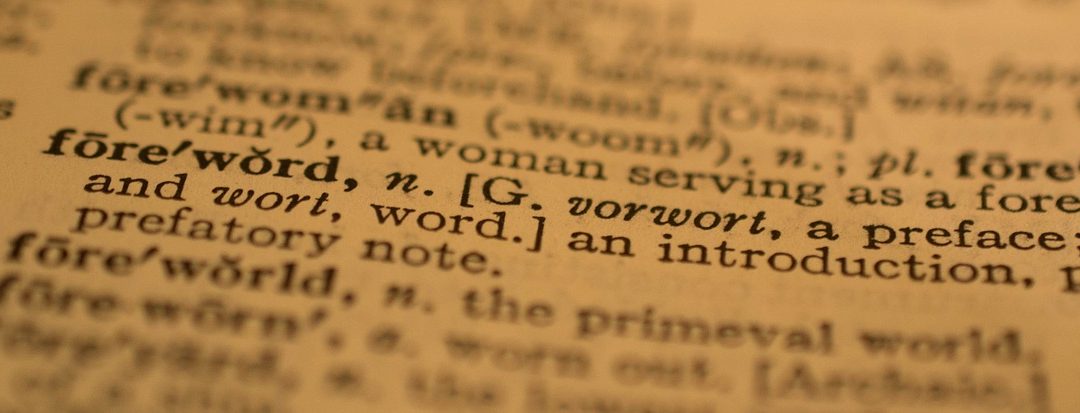
2 Feb 2018 | Judicial Power and the Balance of Our Constitution
John Finnis is one of the most distinguished legal philosophers of our age, who has spent more than half a century thinking and writing about the concept of judicial power. In October 2015 Professor Finnis delivered his powerful lecture, “Judicial Power, Past Present...

2 Feb 2018 | Judicial Power and the Balance of Our Constitution
The scope of judicial authority is a matter of the utmost public importance. The common law tradition of adjudication has long understood that authority to be limited and disciplined: the courts have not enjoyed any general power to change the law, or to depart from...
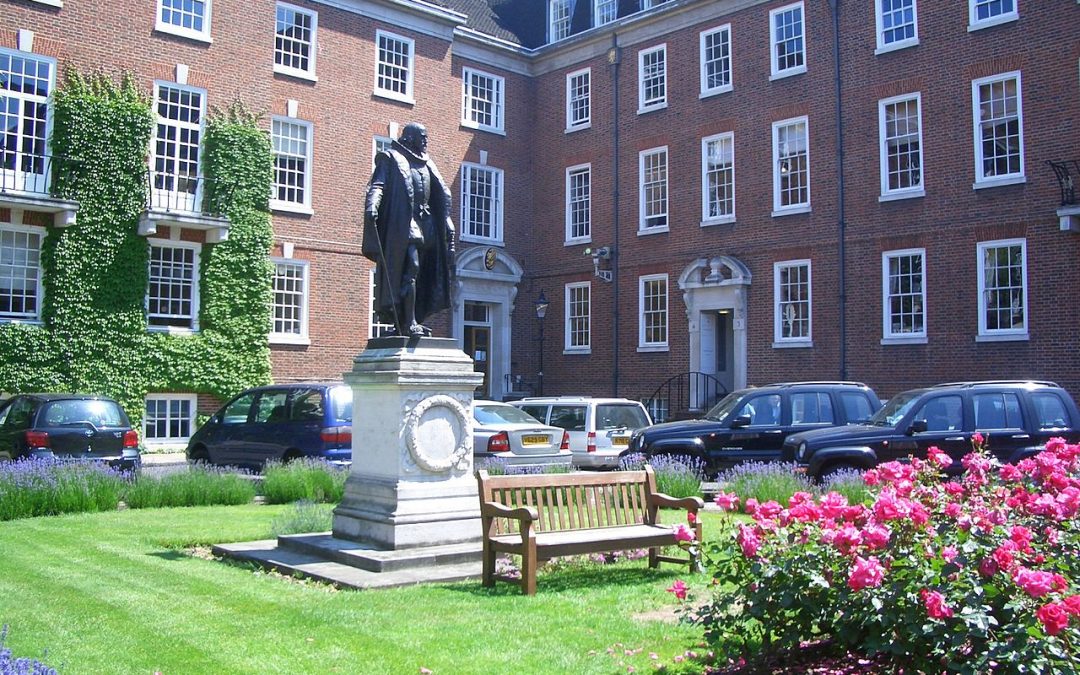
2 Feb 2018 | Judicial Power and the Balance of Our Constitution
Introduction As we came into the Inn and crossed its South Square to reach the Benchers’ Entrance, we all passed the statue of Francis Bacon, truly outstanding among this country’s scholars and lawyers. One of the most well-known of his Essays is on Judicature, or as...

2 Feb 2018 | Judicial Power and the Balance of Our Constitution
Professor Finnis’ paper Judicial Power: Past, Present and Future describes developments in the United Kingdom which have led to what he sees as a legal quagmire, and advocates a push back towards judicial deference to legislative policy preferences, based upon respect...

2 Feb 2018 | Judicial Power and the Balance of Our Constitution
What is the proper function of the judge? And what, in a democratic society, are the proper boundaries between the judicial, executive and legislative arms of the state? This is a perennial debate about which opinions differ. Professor Finnis, in a characteristically...

2 Feb 2018 | Judicial Power and the Balance of Our Constitution
One of Professor Finnis’ major themes is that the courts are concerned with the past, while Parliament looks to the future and the Executive attends to the present. I agree with Professor Finnis that the primary role of the courts, including final courts of appeal, is...

2 Feb 2018 | Judicial Power and the Balance of Our Constitution
John Finnis has made many trenchant points in Judicial Power: Past, Present and Future. The following seeks to highlight what can flow from two of them. One is the danger arising from what he calls “inequality of arms”. This takes place, he argues, where the...

2 Feb 2018 | Judicial Power and the Balance of Our Constitution
Past, Present and Future John Finnis contrasts the temporal perspectives of legislatures, executives, and the judiciaries. As he sees it, legislatures look forward as they seek to work out how a framework of law might be improved; executives address current...

2 Feb 2018 | Judicial Power and the Balance of Our Constitution
The foregoing responses — one by a scholar-participant in the deliberations of the Upper House of Britain’s Parliament, and four by distinguished judges in the common-law constitutional tradition — all share the Lecture’s aim: to evoke that tradition (initially in its...

2 Feb 2018 | Judicial Power and the Balance of Our Constitution
Here are the main uses of “guardian(s) of the Constitution” in UK-related courts. I asterisk sentences that seem to me fallacious. 1 In Akar v AG Sierra Leone [1970] AC 853 at 872, Lord Guest, dissenting, said: Although the courts are the guardians of the...
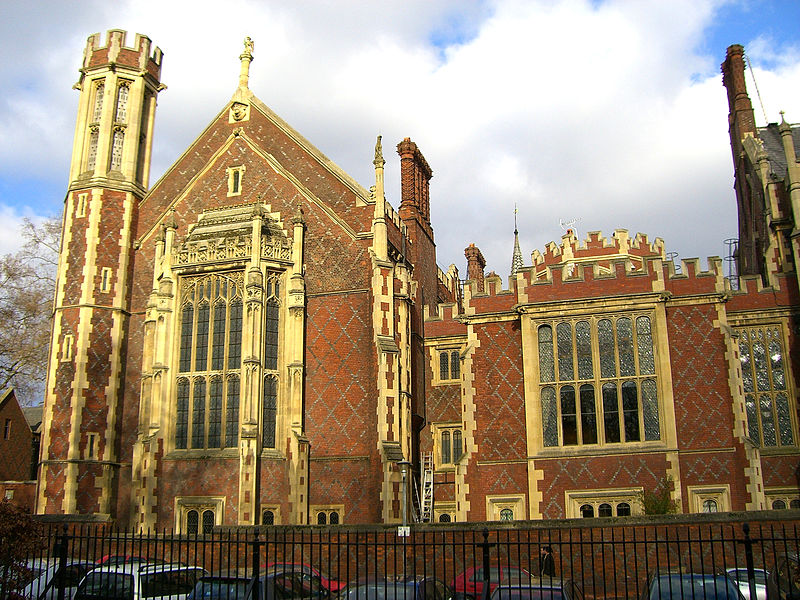
2 Feb 2018 | Judicial Power and the Balance of Our Constitution
The Lord Chief Justice, the Master of the Rolls, and Lord Justice Sales have ruled that the Crown’s prerogative of conducting international relations and making and unmaking treaties does not authorise our Government to notify the European Council, pursuant to Art. 50...
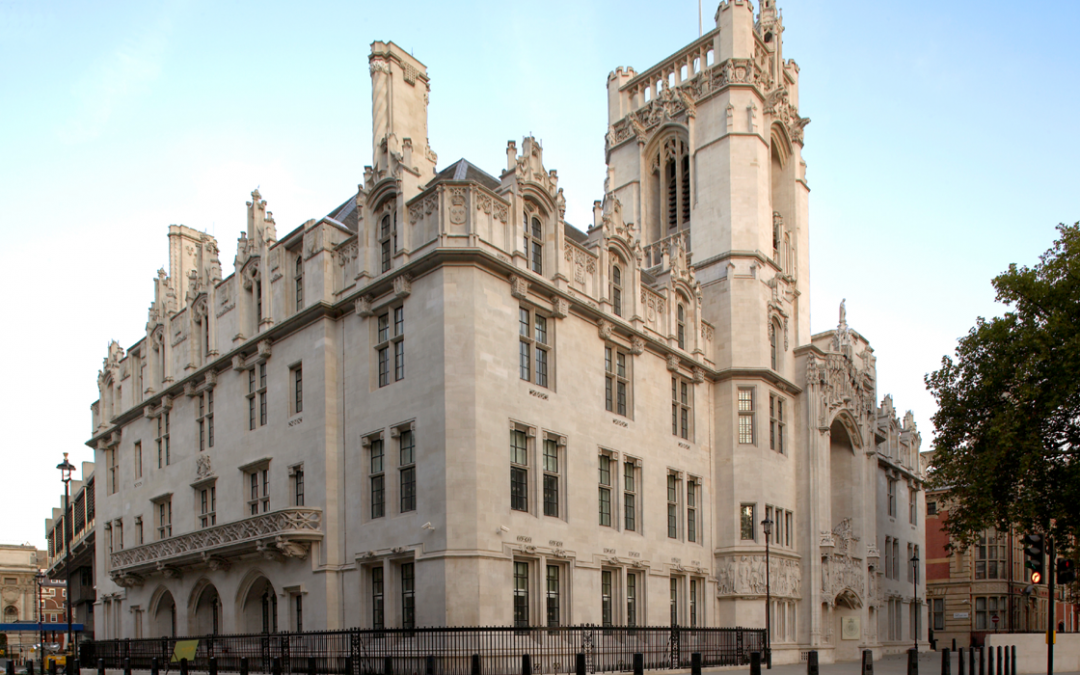
2 Feb 2018 | Judicial Power and the Balance of Our Constitution
Brief observations on the final Miller judgment[1] My first thought about Miller[2]: We are leaving the EU just in time; our Supreme Court is going native — reading statutes like courts in European jurisdictions characteristically do, subordinating deliberate wording...


















